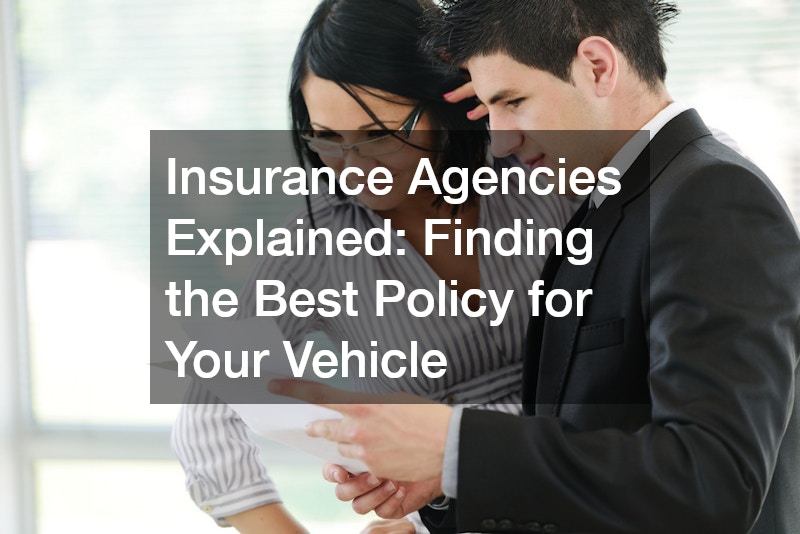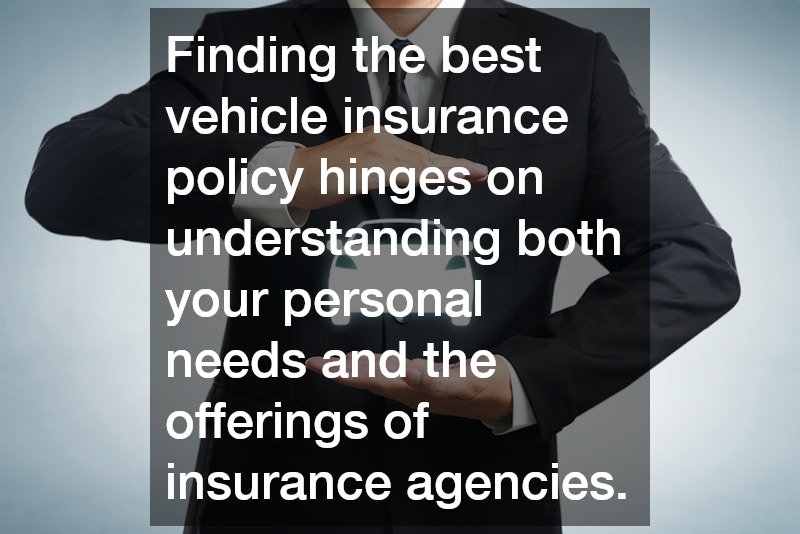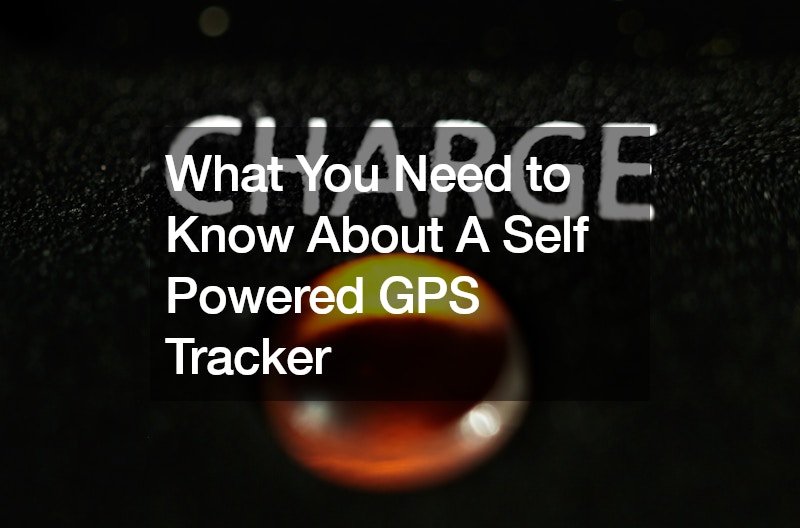
Insurance Agencies Explained Finding the Best Policy for Your Vehicle

Navigating the complex world of vehicle insurance can be daunting. With numerous insurance agencies offering various policies, choosing the right coverage might seem overwhelming. This article aims to demystify the process of selecting an insurance policy for your vehicle, providing insights into how insurance agencies operate and what you should look for when choosing a policy.
Understanding your insurance needs and the different options available can significantly benefit any vehicle owner. As you embark on the journey of securing the right policy, it’s essential to arm yourself with knowledge and insight into the insurance industry.
Understanding Vehicle Insurance
Vehicle insurance is a contract between an individual and an insurance agency, providing financial protection against losses related to their vehicle. The primary purpose of car insurance is to offer security and peace of mind in cases of accidents, theft, or damages. Insurance agencies offer various types of coverage, including liability, collision, and comprehensive policies, each tailored to meet specific needs. Understanding the differences between these types of coverage is crucial for selecting the right policy. The more informed you are, the better equipped you will be to make decisions that align with your unique circumstances.
Liability coverage is the most basic form of vehicle insurance, often required by law. It covers damages to another person or their property in the event of an at-fault accident. On the other hand, collision coverage pays for repairs to your vehicle if you hit another car or object. Comprehensive coverage provides broader protection, covering non-collision-related incidents like theft or natural disasters. Each type of coverage comes with its own set of rules and guidelines that insurance agencies apply, making it vital to review them carefully.
Insurance agencies play a pivotal role in providing and managing these types of coverages. They act as intermediaries between insurance providers and customers, helping clients find suitable policies while also ensuring compliance with legal requirements. Different agencies have different strengths, with some excelling in customer service while others offer competitive policy rates. Researching and comparing these agencies is a critical part of finding the best vehicle insurance for your needs. Furthermore, leveraging online resources and reviews can shed light on an agency’s reputation and customer satisfaction track record.
Choosing the Right Insurance Agency
Selecting the right insurance agency requires careful consideration of several factors. Primarily, you should assess the agency’s reputation, customer service quality, and the variety of insurance products they offer. A reputable agency will likely have positive customer reviews and a solid track record of prompt claims processing. High-quality customer service is also crucial, as you’ll want an agency that is easily accessible and responsive to your inquiries and claims. Additionally, the range of policies an agency provides will determine your ability to tailor coverage to your specific needs.
Another important consideration is the financial stability of the agency. Financially reliable agencies are better positioned to pay out claims promptly and fully, providing peace of mind in times of need. You can assess an agency’s financial health by reviewing its ratings from independent rating organizations. Comparing quotes from multiple agencies is also a beneficial approach, allowing you to evaluate the cost-effectiveness and coverage extent of different policies. Remember that the cheapest option isn’t always the best; a balance between affordability and comprehensive coverage is often ideal.
Evaluating Your Coverage Needs
Your unique circumstances and preferences should guide your insurance policy’s specifics. Start by determining the mandatory coverage required in your location; this ensures you comply with local laws and regulations. Next, consider your vehicle’s age, condition, and value, as these factors greatly influence the type of coverage you may need. For instance, newer, more valuable cars might benefit from comprehensive and collision coverage, while older vehicles might only need basic liability insurance. Tailoring your policy to reflect the level of risk you’re comfortable with is essential.
Additionally, evaluate your driving habits and the potential risks you face on the road. If you frequently drive long distances or in high-traffic areas, opting for higher coverage limits might be wise. Conversely, if you use your vehicle sparingly and primarily for local commutes, a less extensive policy might be sufficient. Consulting with an insurance agent can provide valuable insights into coverage options that suit your lifestyle. They can also offer guidance on any discounts you might qualify for, further personalizing your coverage.
Finding the best vehicle insurance policy hinges on understanding both your personal needs and the offerings of insurance agencies. By thoroughly evaluating your coverage requirements and researching various agencies, you can secure a policy that offers comprehensive protection at a competitive price. Remember to assess factors like reputation, customer service, financial stability, and additional services when choosing an agency. Regularly reviewing your policy ensures it aligns with any changes in your circumstances, maintaining its efficacy and value. Ultimately, an informed approach will lead to a satisfying insurance experience, safeguarding both your vehicle and your financial well-being.



